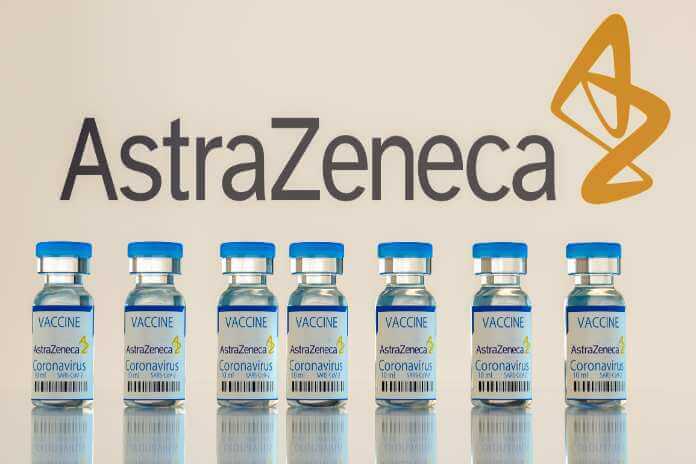AstraZeneca PLC (NASDAQ:AZN)
Lynparza, a PARP inhibitor developed by AstraZeneca PLC (NASDAQ:AZN) and Merck (MRK), was recently approved by the Japanese Ministry of Health, Labor, and Welfare to treat breast cancer in its early stages.
Lynparza has just been granted marketing authorization in Japan for the adjuvant treatment of patients with high-risk recurrent early-stage breast cancer who are BRCA-mutated (BRCAm).
This approval makes Lynparza the first and only PARP inhibitor in Japan for treating patients with BRCA-mutated, HER2-negative early breast cancer.
The phase III Olympia study results were the basis for the most recent approval in Japan. Lynparza medication was associated with a 42% reduction in the incidence of invasive breast cancer recurrences, new malignancies, or death, which was statistically significant and clinically important.
Earlier this month, Lynparza was licensed in Europe to treat germline BRCAm (gBRCAm), HER2-negative, high-risk, early breast cancer, after its approval in the United States for the same indication in March. In Japan, the medication is authorized for use against gBRCAm, HER2-negative, chemo-resistant breast cancer.
Lynparza is approved not only for treating breast cancer but also for ovarian cancer, prostate cancer, and pancreatic cancer in specific patient subsets. Both AstraZeneca and Merck are working on the drug’s research and distribution.
Lynparza is now being studied by AstraZeneca and MRK in several label expansion studies designed to assess its efficacy against many tumor types.
AstraZeneca PLC (NASDAQ:AZN) stock price has increased 16.1% this year, outperforming the sector’s 0.9% fall.
AstraZeneca PLC (NASDAQ:AZN) stated in a separate press release that Tagrisso has been approved by the Japanese Ministry of Health, Labor, and Welfare as an adjuvant treatment for EGFR-mutated early-stage lung cancer. This is Tagrisso’s third permitted use in the country. Several nations, including the United States and Europe, have licensed the medicine to treat lung cancer in its earliest stages.
The ADAURA phase III study provided the evidence needed for the most recent approval. Tagrisso therapy improved disease-free survival in patients with stages II and IIIA EGFRm NSCLC, according to data from the same study.
AstraZeneca also revealed in a news release that their C5 complement inhibitor, Ultomiris, has been licensed by the Japanese Ministry of Health, Labour, and Welfare to treat adults with generalized myasthenia gravis (gMG). Anti-acetylcholine receptor (AChR) antibody-positive adults whose symptoms are poorly controlled by high-dose intravenous immunoglobulin treatment (IVIg) or plasmapheresis may benefit from this medication.
The primary endpoint of change from baseline in the Myasthenia Gravis-Activities of Daily Living Profile (MG-ADL) total score at week 26 of treatment was used to justify the approval of Ultomiris, which was shown to be superior to placebo in phase III CHAMPION-MG research.
In April 2022, the FDA authorized Ultomiris to treat gMG in people who test positive for the AChR antibody. In Europe, the CHMP of the European Medicines Agency gave Ultomiris for gMG a favorable judgment and recommended marketing permission in July.
Featured Image : Megapixl © Mikemareen
















